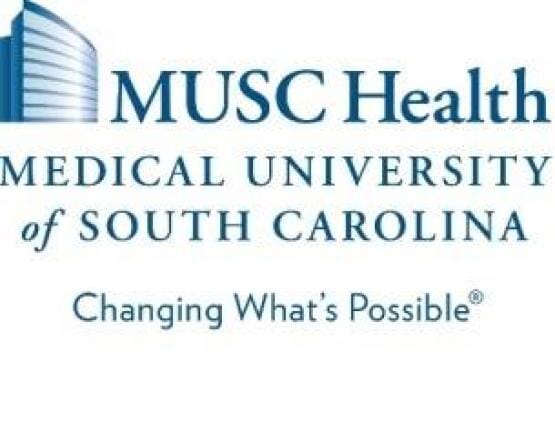The Institute of Psychiatry’s Center for Drug and Alcohol Programs (CDAP), located at the Medical University of South Carolina (MUSC), offers a comprehensive range of addiction treatment services for individuals struggling with substance abuse. CDAP employs a clinical, evidence-based approach to addiction treatment, providing services such as medically assisted detoxification, Buprenorphine medication monitoring and maintenance, and individual and intensive outpatient treatment. Our therapeutic techniques include individual and group counseling, family programming, recovery skills education, cognitive behavioral therapy, 12-Step services, and motivational interviewing.
About MUSC Health – Center for Drug & Alcohol Programs
CDAP is a part of MUSC’s Institute of Psychiatry and is dedicated to providing a wide range of services to both adults and adolescents. These services include inpatient detox and treatment, outpatient treatment, buprenorphine maintenance, interventions, and specialized programming for teens.
Treatment & Assessment
CDAP’s inpatient program is designed for individuals requiring crisis stabilization and/or medical detoxification. Most inpatient participants stay on-site for three to seven days. CDAP’s intensive outpatient program (IOP) is more comprehensive and typically lasts four weeks, with sessions and groups held Monday through Friday. Treatment includes individual counseling, group therapy, family activities, and education. CDAP utilizes various treatment modalities, including medication management, cognitive behavioral therapy, motivational interviewing, and 12-step facilitation.
CDAP’s programming for adolescents, known as ASSET, consists of two tracks: prevention and treatment. The prevention track is designed for youth with minimal substance abuse history and involves one-hour classes four times weekly, focusing on addiction, the impact of substances on the adolescent brain, and peer refusal skills. The treatment track is for teens with an established substance abuse history and includes twice-weekly group meetings for eight weeks, as well as individual or family therapy.
Staff Credentials
CDAP’s treatment team includes medical doctors and Ph.D. level therapists, who are highly experienced and trained in addiction treatment.
Accommodations & Amenities
CDAP’s inpatient program is located within a hospital, resulting in a clinical environment for incoming clients. Alumni surveyed by Best-rehabs.com rated the facility positively for accommodations, meals, and cleanliness, although some mentioned the lack of exercise options.
What Alumni Say
Alumni opinions regarding CDAP were mixed, with some giving positive ratings for holistic treatment options, group counseling, and staff support. Others praised the treatment they received from the staff.
What Friends & Family Say
Loved ones surveyed by Best-rehabs.com recommended CDAP and rated the facility highly for the staff’s experience and training, family participation, and counseling options. They had little criticism and praised the staff.
What Staff Say
According to reviews on Indeed, the Medical University of South Carolina received an average rating of four out of five stars from current and former employees. Comments highlighted the friendly culture, although some criticized the lack of proper training and supervision.
Financing
MUSC accepts some managed care networks and Medicaid plans for payment.
